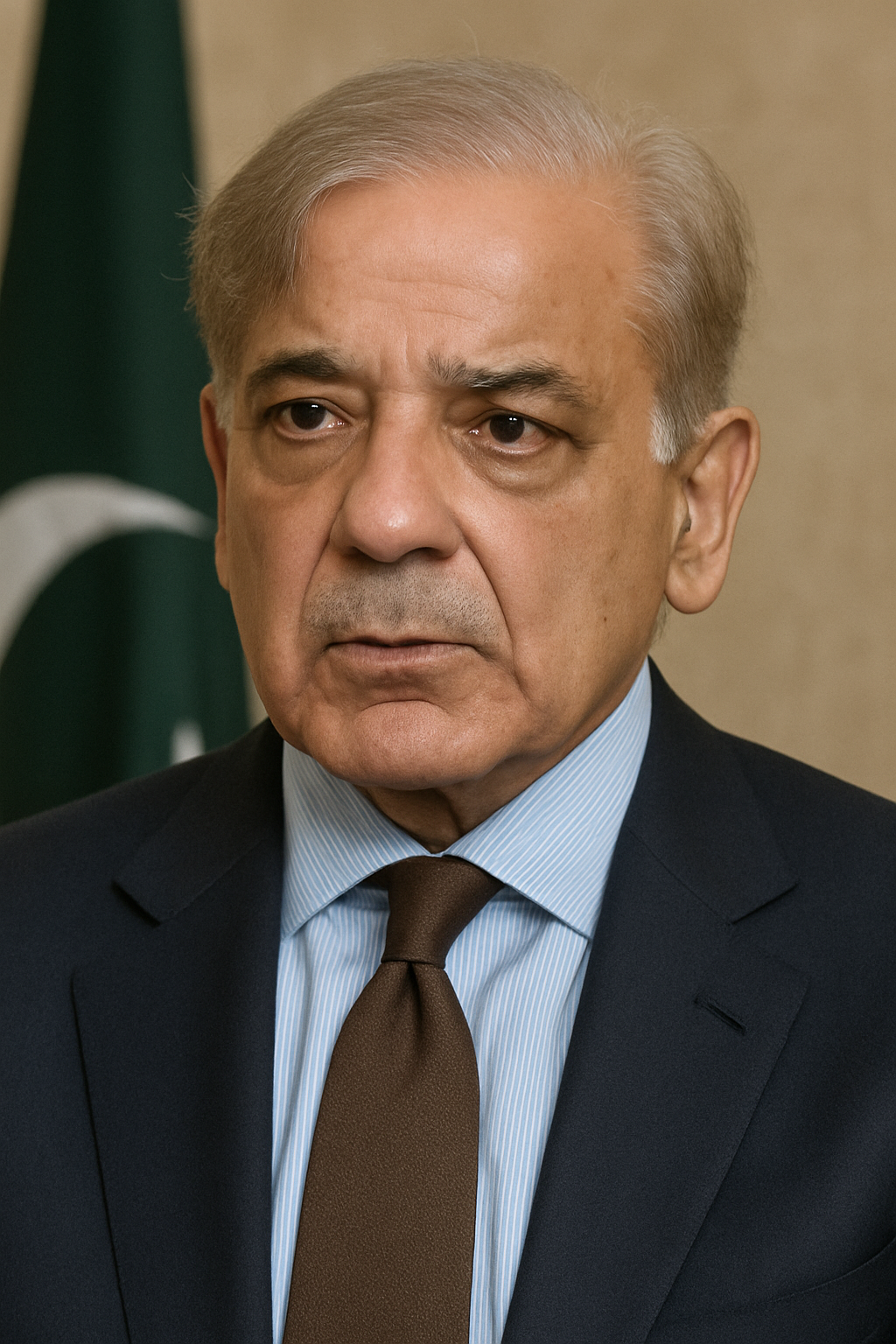The Attack That Shook a Nation

Let’s not sugarcoat it: the Pahalgam terror attack was brutal. Twenty-six innocent lives—gone in a flash. Families shattered, dreams crushed, futures stolen. And once again, the fingerprints pointed straight across the border.
The Resistance Front (TRF), a Lashkar-e-Taiba proxy operating out of Pakistan, proudly (yes, proudly) claimed responsibility. Intelligence agencies soon unraveled that one of the main accused, Adil Ahmed Thoker, had crossed into Pakistan years ago, received terror training, and infiltrated back into India with foreign fighters.
Honestly, it felt like déjà vu. We’ve been shouting from the rooftops about Pakistan-based terror networks for years now. And yet, here we are.
Shehbaz Sharif’s “Neutral Investigation” Offer: Sincere or Strategy?
Here’s where things get interesting.
Instead of the usual denials and blame-shifting, Pakistan's Prime Minister Shehbaz Sharif surprised everyone by offering:
"Pakistan is open to participating in any neutral, transparent, and credible investigation."
Sounds noble, right? But let’s be real for a second.
This isn’t the first time Pakistan’s tried to play the “responsible neighbor” card after an international embarrassment. We’ve seen similar "offers" after 26/11, Pathankot, Pulwama—you name it. Each time, investigations turned into dead-ends, evidence was denied, and the perpetrators got cozy state hospitality.
Trust, once broken, doesn’t rebuild with words. It rebuilds with actions.
India’s Response: No More Mr. Nice Neighbor
And boy, did India respond.
At a high-level Cabinet Committee on Security (CCS) meeting chaired by Prime Minister Narendra Modi, a slew of hard-hitting decisions came out faster than anyone expected.
Here’s the breakdown:
- Diplomatic staff cut: Missions in both countries slashed from 55 to 30 personnel each. Deadline? May 1.
- Military advisors expelled: India kicked out all Pakistani defense/naval/air advisors. Pakistan must reciprocate.
- Visa schemes scrapped: SAARC Visa Exemption for Pakistani nationals? Gone. Existing visas? Cancelled.
- Border closures: Attari Check Post shut down. Pakistanis in India given till May 1 to leave.
- Indus Waters Treaty suspended: The 1960 treaty—a sacred cow till now—is put on ice until Pakistan “credibly” ends terror support.
By the way, the Indus Waters Treaty suspension is huge. This was one of the few remaining diplomatic threads holding Indo-Pak ties together. Pulling it signals a seismic shift.
The Fire Along the LoC
Meanwhile, the Line of Control (LoC) is anything but quiet.
For the second night straight, Pakistani troops engaged in unprovoked firing, testing the patience of Indian forces. No casualties reported—yet—but when tempers flare at the border, it rarely ends well.
Why This Moment Feels Different
You can almost feel the change in the air. India isn’t reacting with the usual restraint anymore. It’s acting decisively, surgically, and unapologetically.
Here's why this matters:
- Public patience is exhausted: Indians no longer want sermons about “peace talks” after body bags return home.
- Diplomatic fatigue is real: International partners have seen enough dossiers and dossiers gathering dust.
- National security narrative has shifted: Terrorism isn’t just a security issue anymore. It’s a sovereignty issue.
In simple terms? India is done playing defense.
Final Thoughts: Where Do We Go From Here?
You know, there’s an old saying: "Once bitten, twice shy."
In India’s case? Twice, thrice, a hundred times bitten. Now, it’s more like "bitten once, beware forever."
Shehbaz Sharif’s offer for a neutral investigation might make for a great headline. But for the families mourning their loved ones, for a nation tired of terror attacks cloaked in diplomacy—words just aren’t enough anymore.
India's message is loud and clear: Terrorism and talks cannot coexist.

